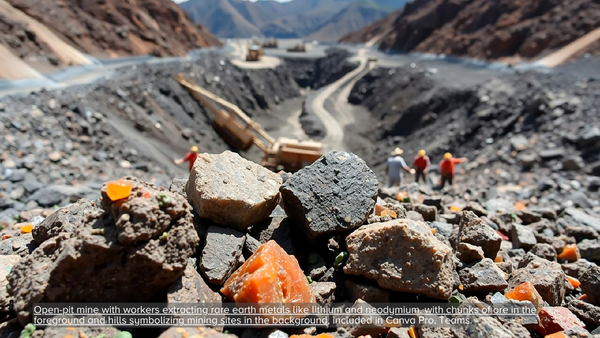A group of benzene-poisoned patients and people concerned about the issue of benzene poisoning is calling for a complete ban of benzene-containing solvents. Some of the signatories are afflicted with leukemia, some with aplastic anemia, and some with leukopenia. Most of their conditions are chronic and incurable. The use of benzene is widespread, for instance in the electronics industry. Yet benzene is also a well-known carcinogen.
Ban Benzene Declaration
(As translated from Chinese)
"We are a group of benzene-poisoned patients and people concerned about the issue of benzene poisoning. Some of us are afflicted with leukemia, some with aplastic anemia, and some with leukopenia. Most of our conditions are chronic and incurable. We are saddled with these diseases all because of the widespread use of a poisonous chemical in many factories - benzene!
Benzene has an exceptionally wide range of industrial and daily usage. It is found in the glue in shoe-making factories, in coating on toys, in cleaning agent in the electronic industry, in paint on furniture, and in de-rusting agents in hardware industry. In the developing world, almost every industrial process that involves painting, gluing or cleaning would involve benzene. Benzene is the most commonly encountered partner of the front line workers.
Yet benzene is also a well-known carcinogen since the early 1900s. It has been proven that benzene can cause a number of blood anomalies and even birth defects. In China, new cases of benzene poisoning are uncovered daily and causing the death of many - including a lot of youngsters under 20. Benzene is highly toxic - even under a strict exposure limit of 1ppm, it would still cause the death of 5 people per 1000 exposed. Given its current unregulated and widespread use in China, it is estimated that up to a million workers would be killed by benzene.
Benzene is not irreplaceable; benzene-free glue and paint have long been developed. Yet, companies big and small, local and trans-national, are still using benzene with abandon - all out of cost saving calculation. Such reckless acts lead to the continuous creation of tragedies. While the western world is phasing out benzene, the same poisonous substance is enjoying increasing demands from the developing world.
The widespread occurrence of benzene poisoning is taking its toll on the country. It leads to the loss of much young labour force and hence the driving power of economic development. At the same time it creates a huge burden on the society. Take the example of a benzene-poisoned leukemia patient in Guangdong. He needs to spend over ¥300,000 (about US$50,000) a year on his treatment, and six years on since his diagnosis, he has already spent over ¥2 million. The number is terrifying when you consider the huge number of benzene-poisoned workers. The financial and emotional burdens in turn affect the workers’ family members, and have already led to many broken families.
Workers are not the only group susceptible to benzene poisoning. Benzene containing waste-water can cause long-term pollution to underground water. Benzene is also highly volatile, and would adversely affect the air quality of area surround a benzene using factory. Consumers are also at risk of buying benzene-containing solvents or products, which might have a particularly harmful effect on children. Members of the public should be aware of the risk benzene posed, and we hope to have your support in calling for a benzene ban.
The continuous use of benzene in the face of longstanding evidence of its harm is blatant murder. This must be stopped!
We call for:
- A complete ban of benzene-containing solvents!
- Companies and brands to take immediate action to eliminate the use of benzene in their supply chains;
- Chinese government to legislate against the industrial use of benzene-containing solvents (with only limited exception in the production of benzene compound), and ratified the Benzene Convention (C136).
We must not merely look on as companies continue to trade the lives of millions for transient profits! From this moment on, say no to benzene!"










